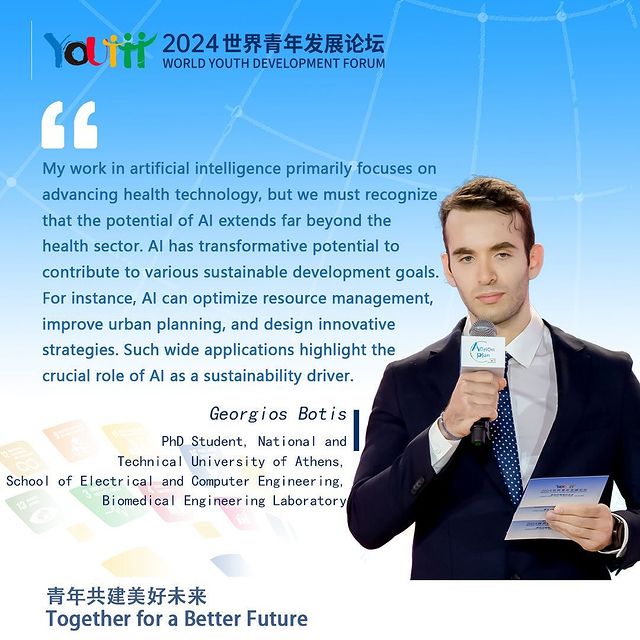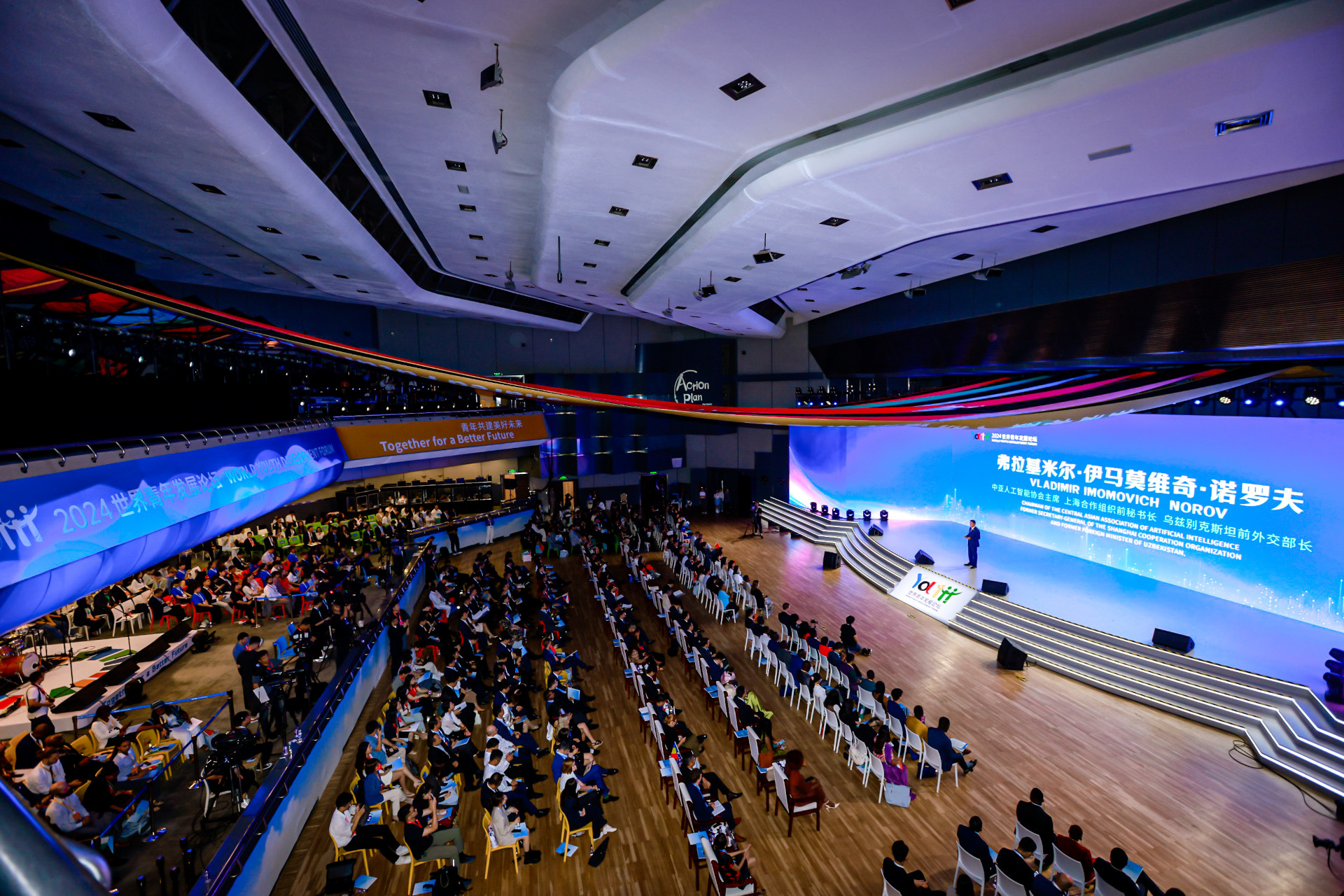The World Youth Development Forum (WYDF) is an annual initiative organized by the China Youth Federation, the United Nations in China, and the forum’s organizing committee. Its aim is to promote youth participation in achieving the Sustainable Development Goals (SDGs) of the “2030 Agenda.” The National Technical University of Athens (NTUA) was represented by Mr. Georgios Botis, a PhD candidate at the Biomedical Technology Laboratory of the School of Electrical and Computer Engineering (ECE), under Professor Mr. Georgios Matsopoulos. NTUA’s participation followed an invitation from the Embassy of China in Greece, facilitated by the cultural attaché, Ms. Ying Wang, with coordination from the NTUA’s Department of International Relations and European Projects. The representative was selected through an open call by the Dean of ECE, Professor Mr. Panagiotis Tsanakas, with the assistance of the school’s administration.
The WYDF took place from August 10 to 17, gathering over 2,000 young people from 130 countries at the opening ceremony held in Beijing. The forum included four thematic sub-forums, each hosted in a different city in China. NTUA actively participated in the Thematic Forum on Digital Development, held in Chongqing, where it presented, in a roundtable format, the innovative work being conducted at the Biomedical Technology Laboratory of ECE, led by Professor Georgios Matsopoulos. Special emphasis was placed on the application of artificial intelligence in healthcare, specifically in medical image and signal processing, demonstrating how these technologies can lead to personalized medicine. Examples from recent laboratory implementations were showcased, with a particular focus on clinical decision support systems for diagnosis, classification, prognosis, and management of medical conditions. The alignment of this research with the Sustainable Development Goals of the 2030 Agenda was also highlighted, specifically Goal 3 on good health and well-being. The importance of interdisciplinary and international collaboration in achieving these goals was underscored, where the Biomedical Technology Laboratory is at the forefront, coordinating numerous European Horizon projects.Among these projects are DIOPTRA, which aims to redefine colorectal cancer screening, and TeleRehaB DSS, which promotes the integration of artificial intelligence in daily clinical practice for balance rehabilitation training, as well as other significant projects coordinated by the laboratory.

The program included a variety of activities that highlighted Chinese culture and technological advancements. Participants visited iconic historical sites such as the Forbidden City and the Great Wall, explored Chinese art and calligraphy, and engaged with China’s technological innovation through visits to technology parks, universities, factories, and leading enterprises. They witnessed the development of Chongqing, the latest advancements in the Internet of Things, electric vehicle production, and modern practices in international supply chain logistics. They also participated in youth dialogues and exchanged ideas with young professionals and academics. The program received extensive media coverage in China, ensuring wide promotion of the forum’s activities. Mr. Georgios Botis gained valuable skills during the forum, including the ability to present at an international level and to strengthen his intercultural communication skills. His participation allowed him to deepen his understanding of international relations, acquire knowledge of Chinese culture, and expand collaboration opportunities with foreign universities and research centers, enhancing the outreach and visibility of the Biomedical Technology Laboratory’s work. NTUA’s participation in WYDF was highly successful, showcasing the importance of research and innovation in artificial intelligence and sustainable development. NTUA has been invited to participate in future forums, with an open invitation to increase its presence with more participants and greater contributions to upcoming international events.





